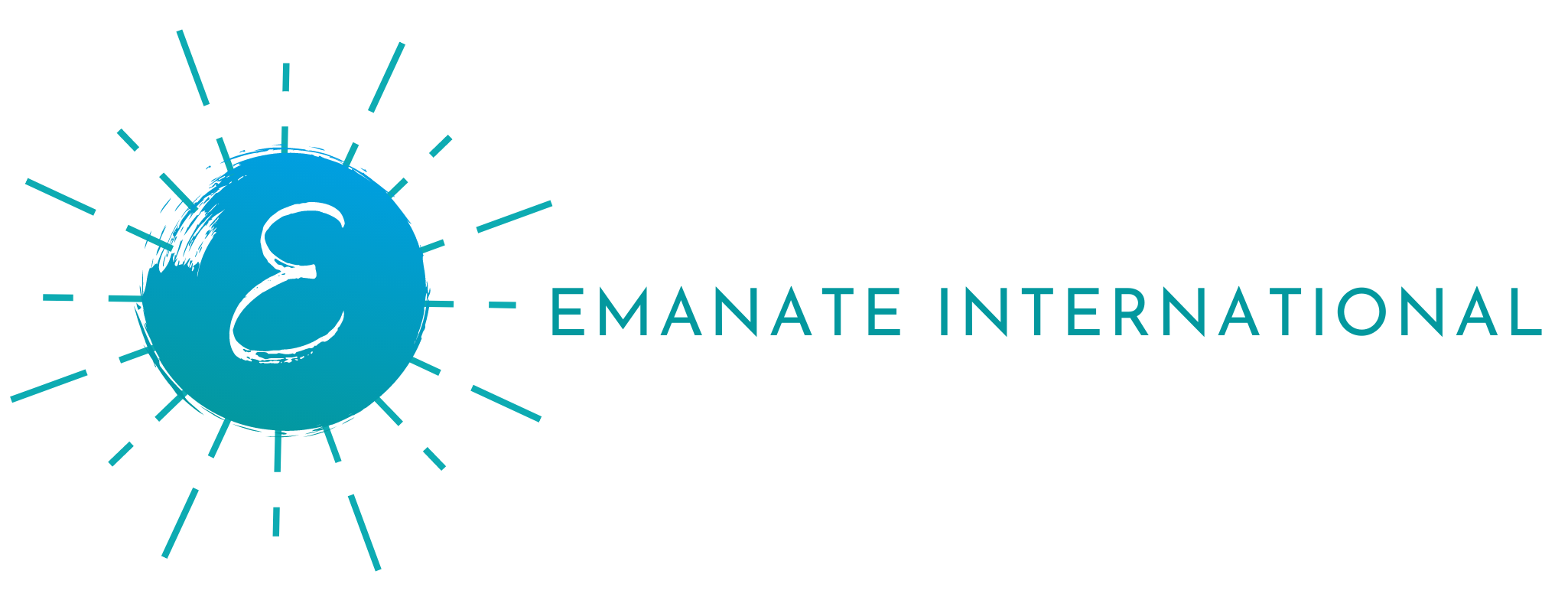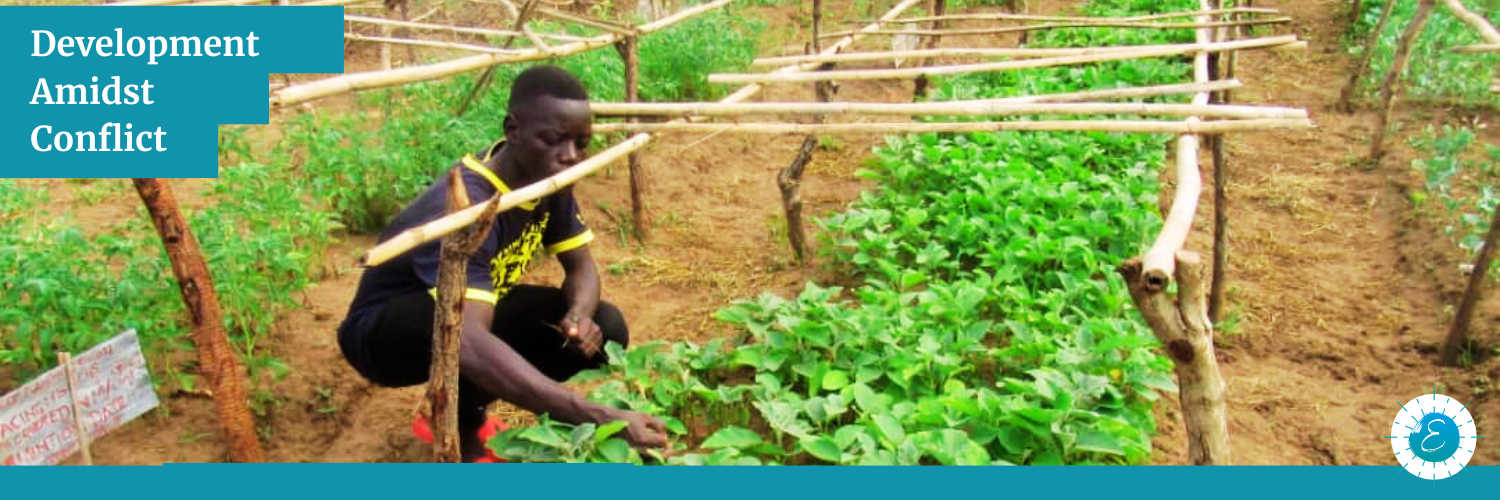
The Power of a Community to Affect Change
Developing nations are classified as such due to various different dynamics, be they historical, governmental, geo-political, climate related, and the list goes on. Unfortunately, nations facing extreme poverty also tend to deal with immense corruption and danger.
In over a decade of working in this sector, I have become deeply persuaded that neither charity nor aid are viable long-term solutions to global poverty and the innumerable humanitarian issues around the globe. In order for a nation to prosper, the government, non-governmental, and private sectors need to be in synergy with one another.
However, I must acknowledge that this synergistic theory doesn’t fully account for corruption and conflict; two very complex issues to tackle. When citizens can’t trust their government to protect them or invest in public benefits, such as education or infrastructure, or worse are ruled by leaders that back militia groups that overtly seek the demise of its citizens, how can local communities and individuals influence progress amidst such duress?
One organization that has proven the power of local leaders and community backing to protect and empower their people is Lift Up the Vulnerable (LUV). LUV is a non-profit that supports the mission and vision of the only locally-led anti-human trafficking network that spans Sudan and South Sudan – two nations that have
How the private sector, government, and households synergize.
known civil unrest for roughly half a century Most of the conflicts in these nations have arisen from tribal feuds as well as government-backed militia groups who have wreaked havoc on innocent civilians by pillaging, raping, and slaughtering entire villages. Those who are “permitted” to live often are forced into exploitative labor, the sex trade, or become child soldiers. (More details of the situation in these countries can be heard on this pod-cast, hosted by the Orientalist Express.)
LUV’s local partners have all faced their own traumas as a result of living in such turmoil, and yet have heeded to the call to stay and help their own people. Their holistic model has three components: protection, education, and economic and agricultural development initiatives. These three measures have empowered people to become changemakers in their own lives and communities. Not only do the leaders, staff, and students recognize the value of their programs, but the greater community and even the local government has embraced it as well.
A powerful example of this was shared by Peter Lomago, who serves as the Executive Director at Hope For South Sudan (HFSS), which is located near the border of Uganda and South Sudan in Eastern Equatoria. Mr. Lomago is no stranger to adversity himself. At the age of 9 his education was interrupted because the system in his region collapsed, due to conflict and unrest. He left his home with nothing and walked alone for days to find a refugee camp in Uganda. During his time at the camp he focused on completing his studies so that he could return to his native country and use education as a conduit of empowerment to help lift his fellow citizens out of poverty and become a new generation of changemakers in their nation.
Peter remains passionate about using education to protect and empower vulnerable children and women. His vision has been so deeply appreciated by the community that even during conflict, community members and the local government have helped to protect the institution from harm. It has happened more than once, but Peter shared about a specific incident that occurred in 2016. At that time an internal political dispute between South Sudanese President Salva Kiir and vice president Riek Machar exploded into a lengthy ethnic conflict that affected thousands in the world’s newest nation.* The conflict erupted in the capital of Juba, about 100 miles away from the state where his school is situated. However, as the fighting spread across different states, it eventually encroached on the village where HFSS is located. Clashes took place a mere 500 meters** away from the campus. The rebels were moving in the direction of the school. However, since HFSS serves children from tribes on both sides of the conflict, tribal chiefs and elders within the community intervened and told the rebels not to fight near the school. What’s more, even the South Sudanese government instructed the rebel groups to refrain from fighting near the school as well.
Peter affirmed, “We were protected because the chiefs are stake-holders in our institution, and because they and the government understand the value of the school to the community.” As a result, the children, staff, and property all remained unharmed.
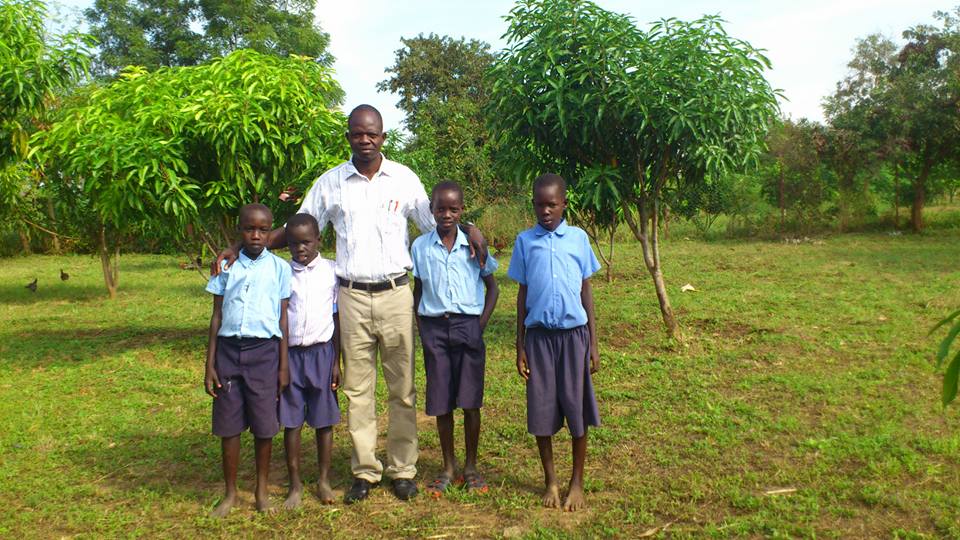
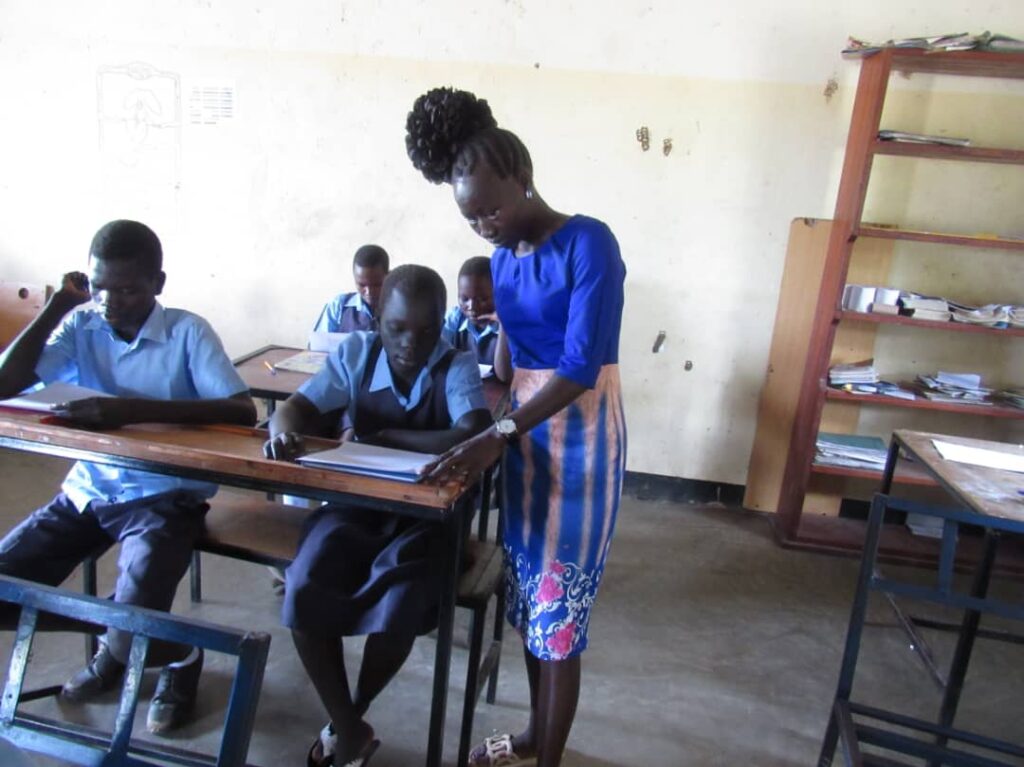
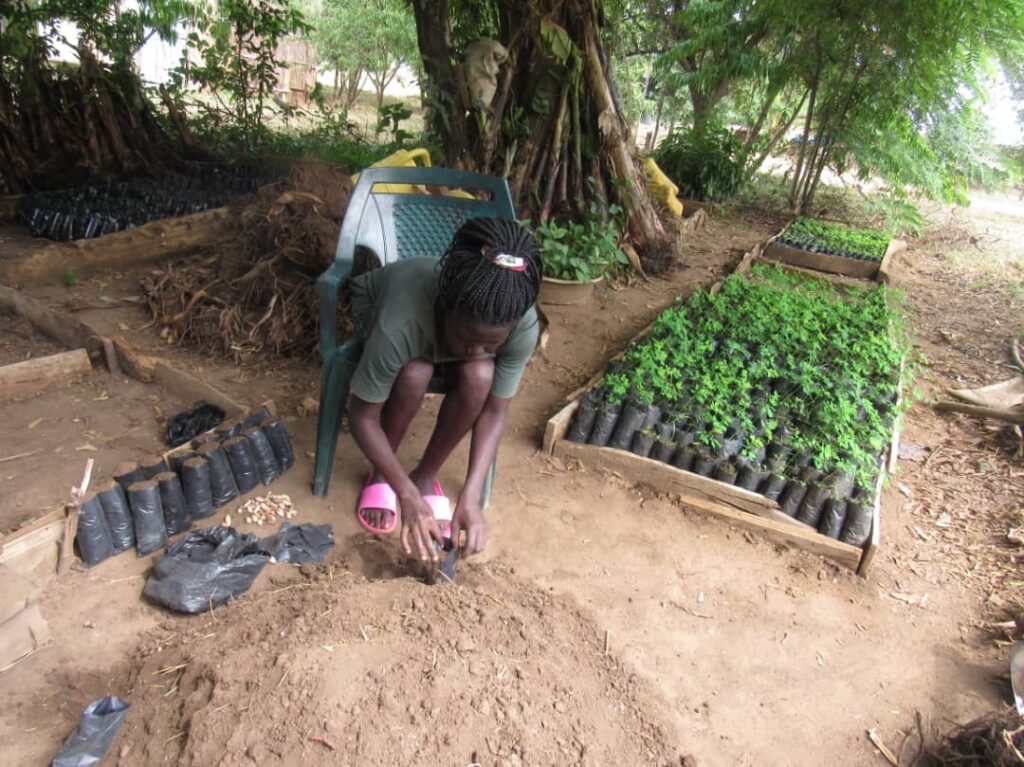
When asked what he thought his country most needed to flourish, Mr. Lomago responded, “On a national level, we need peace. If there is peace, it will pave the way for people to move forward. Without peace we cannot achieve [forward progress because] it invades all aspects of conflict in the county.” He went on to comment about his local community, “we live in a moderate and peaceful community with no internal clashes. [However], we cannot give money or relief [long-term]. We need our people to be equipped with training to empower them to produce what is suitable for them such as food. We have many cases of malnutrition, but our soil is fertile, so [the community] needs to learn to cultivate food to eat and bring to market. These skills would allow them to work and have more opportunities [to be more innovative and create] marketable skills that would help the community. We must give long-lasting skills to give a foundational approach to improve their communities – this will help the community to flourish.”
Lastly, Mr. Lomago went on to affirm the importance of protecting and empowering women by stating, “we also want to see that the women and mothers are supported because they are the foundation of growth in the community. They are everything – including the breadwinners. A strong woman can build a strong family, and a strong future for the community.”
Indeed the government does need to be a part of the solution to help a developing nation to progress. However, transformation at the community level can have tremendous influence on a national level. Mr. Lomago’s testimony of the community chief leaders and national government stepping in to ensure his school, and by extension the children and staff who attend and work in it, were protected during a rebel clash is a great example of the power of the influence of the local community to affect positive change that will lead to human flourishing – even amidst conflict.
*South Sudan is the newest country to date. It became independent from Sudan in 2011
**500 meters: about ⅓ of a mile or a 6 minute walk

